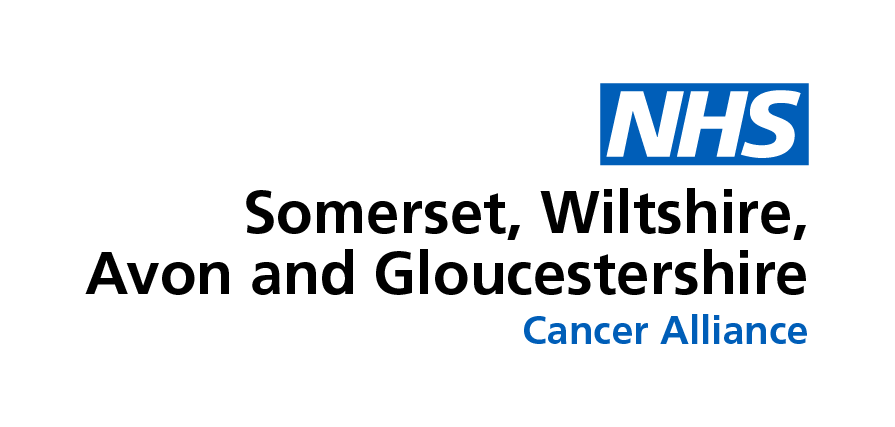Behind the Role: What It Means to Be a Lead Cancer Nurse
 As part of Good Care Month, we’re shining a light on the often unseen but vital roles that shape cancer care across the South West. One such role is that of the Lead Cancer Nurse (LCN) — a strategic, system-shaping position that plays a key part in improving patient experience, workforce development, and service quality. We spoke to Elli Hanman, Lead Cancer Nurse at Gloucestershire Hospitals NHS Foundation Trust, to understand what the role really involves and how it connects with the wider SWAG Cancer Alliance.
As part of Good Care Month, we’re shining a light on the often unseen but vital roles that shape cancer care across the South West. One such role is that of the Lead Cancer Nurse (LCN) — a strategic, system-shaping position that plays a key part in improving patient experience, workforce development, and service quality. We spoke to Elli Hanman, Lead Cancer Nurse at Gloucestershire Hospitals NHS Foundation Trust, to understand what the role really involves and how it connects with the wider SWAG Cancer Alliance.
A strategic role with patients at the heart
Despite the title, the Lead Cancer Nurse role is not a clinical one. Elli describes it as “not providing direct clinical care but always patient-focused.” While many LCNs come from clinical backgrounds, their day-to-day work is about shaping systems, not delivering bedside care. Elli’s own clinical background is in chronic pain management which encompassed cancer and non-cancer patients. This gave her a strong foundation in personalised care, a theme that runs through everything she does now. Elli has worked as a Clinical Nurse Specialist for over 20 years and described the non-cancer specific background as both an opportunity and a challenge.
The role of Lead Cancer Nurse spans three key areas:
- Patient Experience: Ensuring the patient voice is heard through surveys, focus groups, and co-production with patient representatives.
- Workforce Development: Supporting training, development, and strategic planning to ensure cancer services are staffed and skilled for the future.
- Quality and Performance: Bridging the gap between data-driven performance targets and the lived experience of patients.
Making the Patient Voice Count
One of the most powerful aspects of Elli’s work is ensuring that patient experience is heard and not assumed. “The patient voice is essential. Sometimes what we think the pathway looks like and what the patient actually experiences are two very different things.” By involving patients in pathway redesign workshops, she has been able to bring valuable feedback into the loop, influencing meaningful change in how patient care is delivered in Gloucestershire.
Elli and her team are currently piloting a project to simplify the Holistic Needs Assessment (HNA) — a tool used to identify non-clinical concerns for cancer patients, like finances, housing, or employment. The new version she is creating will make it more accessible for patients and simpler for them to engage, removing any barriers to them accessing the support and help they need and ensuring it is offered to more patients throughout their cancer journey.
Collaboration Across SWAG
Each trust in the SWAG region has its own Lead Cancer Nurse, and they meet regularly to share best practice, align on projects, and ensure consistency across the system. Elli says. “If something works well in one area, we look at how it could be rolled out across the region.”
This collaborative approach is essential in a landscape where funding is tight and the need for innovation is high. Whether it’s workforce planning, digital tools, or community engagement, the LCNs are constantly looking for ways to do more, and do better, together.
A Role That Shapes the Future
Elli describes her role as “exciting, varied, and full of opportunity to drive real change.” From influencing board-level decisions to shaping frontline services, Lead Cancer Nurses are uniquely positioned to connect strategy with real patient impact. “We’re still in that transformational space in cancer care,” she says. “And that means we can really make a difference.”

